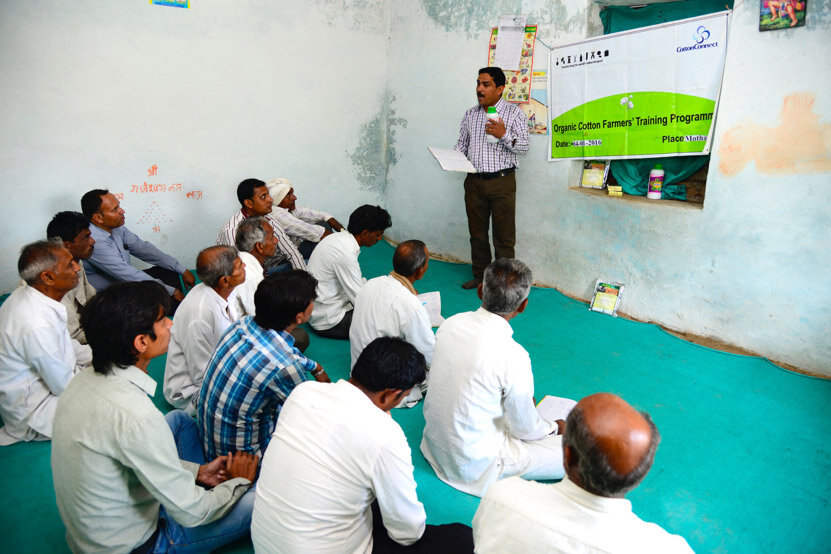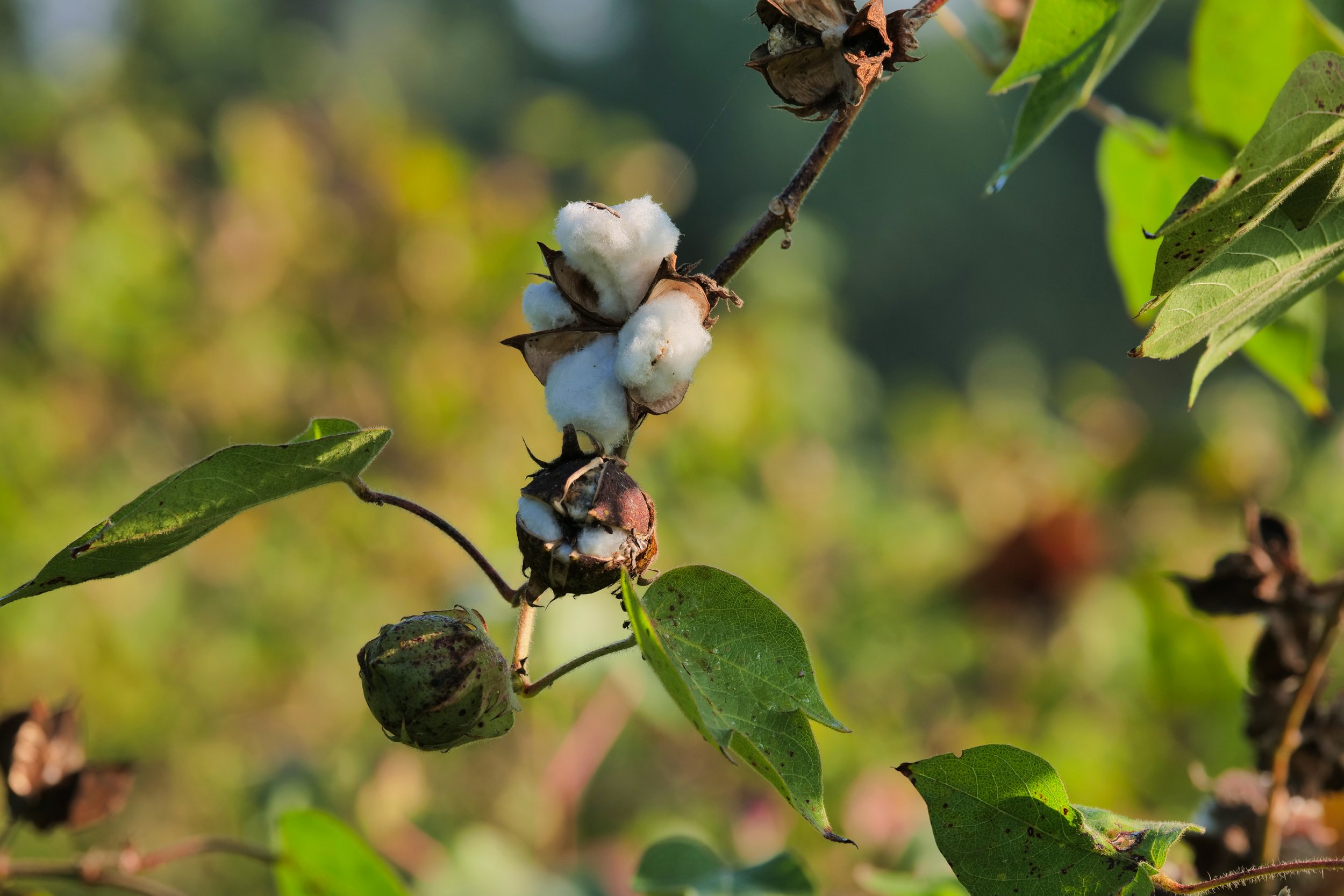The role of organic in creating a sustainable cotton supply chain
At CottonConnect, we support cotton farmers in the switch from conventional farming to support the production of organic fibre.
Using 91% less water and 62% less energy than conventional farming, organic improves the biodiversity and health and safety of farming communities. It also improves livelihoods and reduces poverty, contributing to the ever important Sustainable Development Goals.
To demonstrate the value of organic, we have launched a report highlighting our progress and commitment to the sector. ‘Planting the Seed: The Role of Organic in Creating a Sustainable Cotton Supply Chain’ explores the challenges for the cotton industry and the opportunities to collectively build a resilient organic cotton sector that benefits all players.
Textile Exchange recently launched their 2017 Organic Cotton Market Report, which shows growing commitments to organic cotton from brands and retailers who are looking to enhance the sustainability of their fibre portfolio. It is encouraging to see that industry initiatives are working to find and fund innovative ways to strengthen organic cotton along the value chain, with programmes working to support the sector on the rise. Yet, as the report highlights, farmers need incentivising to remain in the organic cotton system if we are to rely on there being a thriving cotton industry in the future.
Encouraging farmers to stay in the organic sector is a challenge, yet through on the ground networks and specialised seed experts, we are supporting farmers to continue and get certified. We have been working closely with our partners to strengthen the sector and improve its integrity – a crucial component underpinning the sustainability of organic cotton supply chains. Through initiatives such as our Organic Cotton Farmer Training programme and work with the state government in Maharashtra in India, these projects aim to deepen organic training with farmers and scale up production of organic cotton globally. Given that organic soil contains sufficiently higher amounts of nutrients, we have also been teaching farmers how to maintain soil health through methods such as intercropping.
Though in the initial years it means a reduction in yields for farmers, we are supporting farmers to show them that organic methods provide them with pay back in the long run. By connecting major brands to organic cotton farmers, we are helping to empower farmers to deliver with transparency, consistency and integrity to deliver business, environmental and social benefits across the supply chain.
As echoed in the Textile Exchange report, collaboration is essential to drive growth in the sector. However, unless we unlock the potential of organic cotton and demonstrate its value to brands, retailers and farmers, we cannot rely on there being a thriving organic cotton industry in the future. Join us as we aim to strengthen the sector and preserve one of the most widely used natural fibres in the world.

































